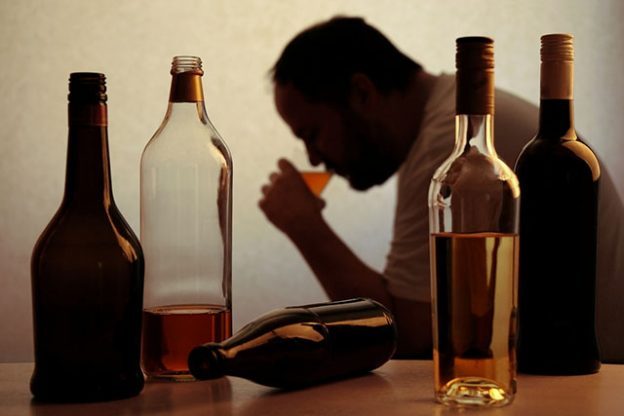The fact that you have accepted you have an addiction problem means you have started the recovery process. However, not everyone is ready to admit that he or she needs help. According to the Substance Abuse and Mental Health Services Administration – or SAMHSA – half of the steps involve accepting help and staying committed to recovery. In short, the following steps are critical.
Notice the alcohol or drug problem
Accept it is a problem
Agree it needs help
Brace yourself for the process
Seek help through a drug or alcohol rehab program


Once you have gone through the above steps, here is the general rehabilitation process that you can follow:
Gather information about various treatment options and institutions
Many professionals and institutions are helping in the fight against addiction. The federal government plays a critical role by funding and partnering with private institutions, but the hard work is often done by the experts working in treatment facilities at the local level. . Quick online research can help you in finding a detox facility nearby with the expertise and staff necessary to help tackle substance abuse.
Choose the right rehab center for you
Local rehab centers will focus on the main problems that affect the area. It is okay to research centers away from where you live if you want. However, be wary of the price factor. Local facilities have an advantage, too, because you can tour the place before you commit to the rehab. You can look at the facilities before you check in for the first time. Clinics that offer detox, rehabilitation and aftercare are suitable. They provide an all-round rehabilitation experience.
Negotiate funding options for your service
It is imperative for you to review the cost function of the program you choose. Check the percentage of the cost that can be paid through insurance. Ask if Medicare and Medicaid can help with payments. Negotiate where necessary for favorable terms. You don’t have to pay an arm and a leg for rehab; though the specific benefits vary by plan and by state, health insurance plans in the United States must cover substance abuse disorders, as well as behavioral health treatments.
Check into a rehab
Everything is set; you have chosen the rehab that suits you, you have discussed and arranged payments, and now you are ready to check in. Some people check in with drugs stuffed in their pockets. Ready yourself mentally that you are checking in so that you don’t have to use the substances again. A good program will take you through the process of admission systematically. They will orient you to the facility, conduct a thorough examination of your health and addiction status, and prepare you for the procedure. The process of checking in may differ from one rehab to another.
Continue with aftercare
The detoxification process can take 1-3 months. Expect routine drug testing during that process. After that, you will undergo counseling therapy and resilience programs that will help you cope with the new reality of life. They will also help you revive relationships with people you need in life such as family. To prevent relapse, you will need aftercare to help you maintain sobriety.
Conclusion
Treatment for drugs and substance abuse is essential for you and your family. It is a starting point of a process that will positively define your life. The journey starts with finding a detox center nearby. The process is rewarding when you commit to it with all your heart.
